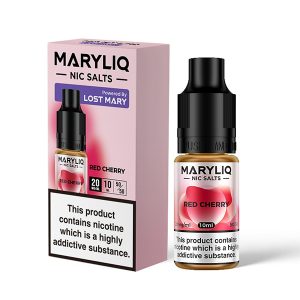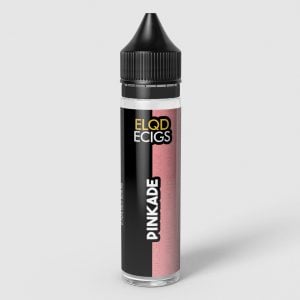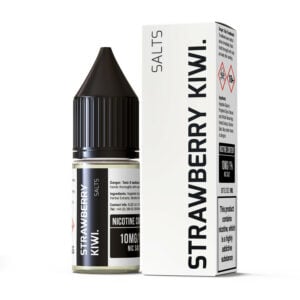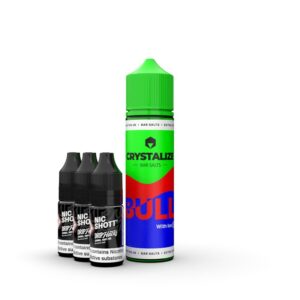The Tobacco Products Directive (TPD) set by the EU is due to come into affect on May 2016 and will impose some restrictions on the products we offer. But thanks to the UK Government’s sensible approach, the restrictions and costs associated with the TPD will have a minimal affect on our business or the products we offer. Read more about the changes below.
What is the Tobacco Products Directive (TPD)?
The TPD is an EU directive for all member states which initially only included tobacco products such as cigarettes. E-cigarettes were added to the directive last year and ever since there has been much debate as to whether the restrictions were necessary or in the best interest of the public.
What restrictions are being implemented by the TPD?
In short it’s mostly to do with nicotine-containing liquid and tanks. The TPD restricts the maximum amount of nicotine in eliquid to 20mg/ml (2%) and only available in a maximum size of 10ml bottles. Thankfully the UK has opted not to include 0% eliquid in the restrictions. The TPD also restricts the size of tanks to 2ml. Although at the minute it is unclear whether this means pre-filled tanks are restricted to 2ml (like those found in cig-a-like products) or all tanks, such as the Uwell Crown will be restricted to 2ml in capacity. When we get some clarification on this point we will update this article.
Will my favourite e-cigarette products be available after May 2016?
Yes, they’ll still be available. All UK e-cigarette businesses will have to submit a notification to the MHRA for each product we wish to import/sell. The UK government has given importers and businesses like ELQD ECIGS an exceptionally reasonable extension to products we already stock. Any products we currently have in stock will be given 1 year to be registered with the MHRA. After May 2016, we have 6 months to notify them of new products we wish to import/sell.
Will the introduction of the TPD cost e-cigarette businesses money? Will it drive up prices of products?
The cost of notifications to the MHRA is quite reasonable, again we have to congratulate the UK government on being realistic in their approach for the notification process. Initially it was thought that the UK would require an authorization system, which would have cost an incredible amount of money for testing each product and it’s variations. This would have in-turn forced a majority of small to medium sized e-cigarette businesses and eliquid manufacturers to close. Since the UK government has opted for a notification scheme with reasonable fees, we don’t foresee any price increases.





